African Economies Navigate Uncertain Waters Without Credit Downgrades, Says Fitch Ratings
- by Gadula, South Africa, RNG247
- about 9 months ago
- 135 views
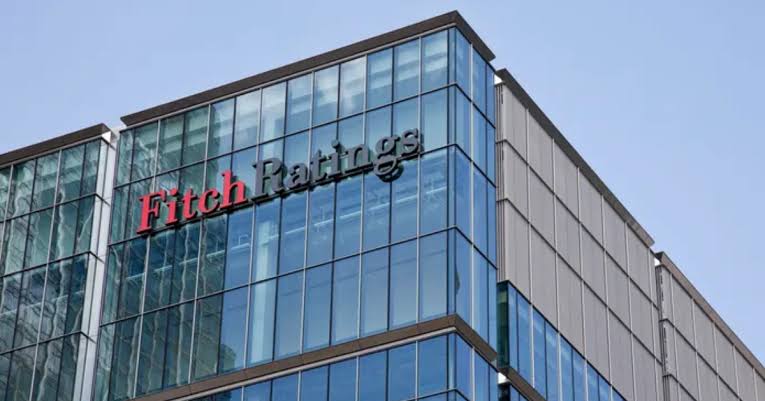
In a recent analysis, Fitch Ratings has indicated that despite rising trade tensions and U.S. aid freezes, widespread credit downgrades across Africa are unlikely. This statement comes amidst global economic pressures, with the agency emphasizing that the region's unique export composition and comparatively minimal integration into global supply chains will mitigate potential financial fallout.
According to Fitch, the impact of tariffs stemming from trade disputes is limited for African economies. Unlike Asia, which is deeply embedded in global supply networks, Africa's export profile offers a buffer against the current turmoil. However, the situation remains precarious, particularly for nations heavily reliant on foreign aid.
The U.S. Agency for International Development (USAID), a significant funder in Sub-Saharan Africa, has seen its foreign aid programs impacted by an executive order from former President Donald Trump. Despite this, Fitch Ratings asserts that countries such as South Africa, Namibia, and Ivory Coast are relatively insulated from the ramifications of U.S. aid disruptions.
Paul Gamble, head of Fitch’s Sovereign Ratings Group for the Middle East and Africa, elaborated in a recent webinar that both Nigeria and the Seychelles are bolstered by positive credit outlooks. This favorable assessment reflects ongoing economic reforms that position these nations for stronger financial prospects in the future. “The reforms that we've seen really put the region in a better position to absorb some of these shocks,” Gamble noted.
While the immediate outlook for overall ratings appears manageable, the freeze on U.S. aid does present challenges. Vulnerable economies face the heightened risk of abrupt project terminations, leading to fiscal instability. Ethiopia, for instance, receives a staggering 80% of its foreign exchange reserves from U.S. assistance, with Mozambique, Uganda, and Lesotho also identified as at-risk nations.
As the economic landscape shifts, African-owned multilateral banks may emerge as crucial players in maintaining stability. Arnaud Louis, a senior director at Fitch, highlighted this evolution in the webinar, suggesting that these institutions could help bridge the funding gaps left by diminishing U.S. aid.
Furthermore, Gamble pointed out that U.S.-China tensions are likely to reshape investment dynamics in Africa, particularly concerning strategic minerals. This development could heighten competition for resources on the continent as the U.S. adopts a more transactional approach to its dealings in Africa, shifting focus from broad developmental goals to securing access to critical minerals and rare earths.
The Trump administration's interest in investing billions in the Democratic Republic of Congo underscores this evolving landscape. Given that Congo's rich mineral resources—essential for industries ranging from mobile technology to electric vehicles—are predominantly controlled by Chinese interests, the stakes are high.
In conclusion, while the immediate threats of credit downgrades may be limited, the implications of U.S. aid cuts and escalating global trade tensions pose significant challenges to Africa that will require strategic responses from both local governments and international financial bodies.




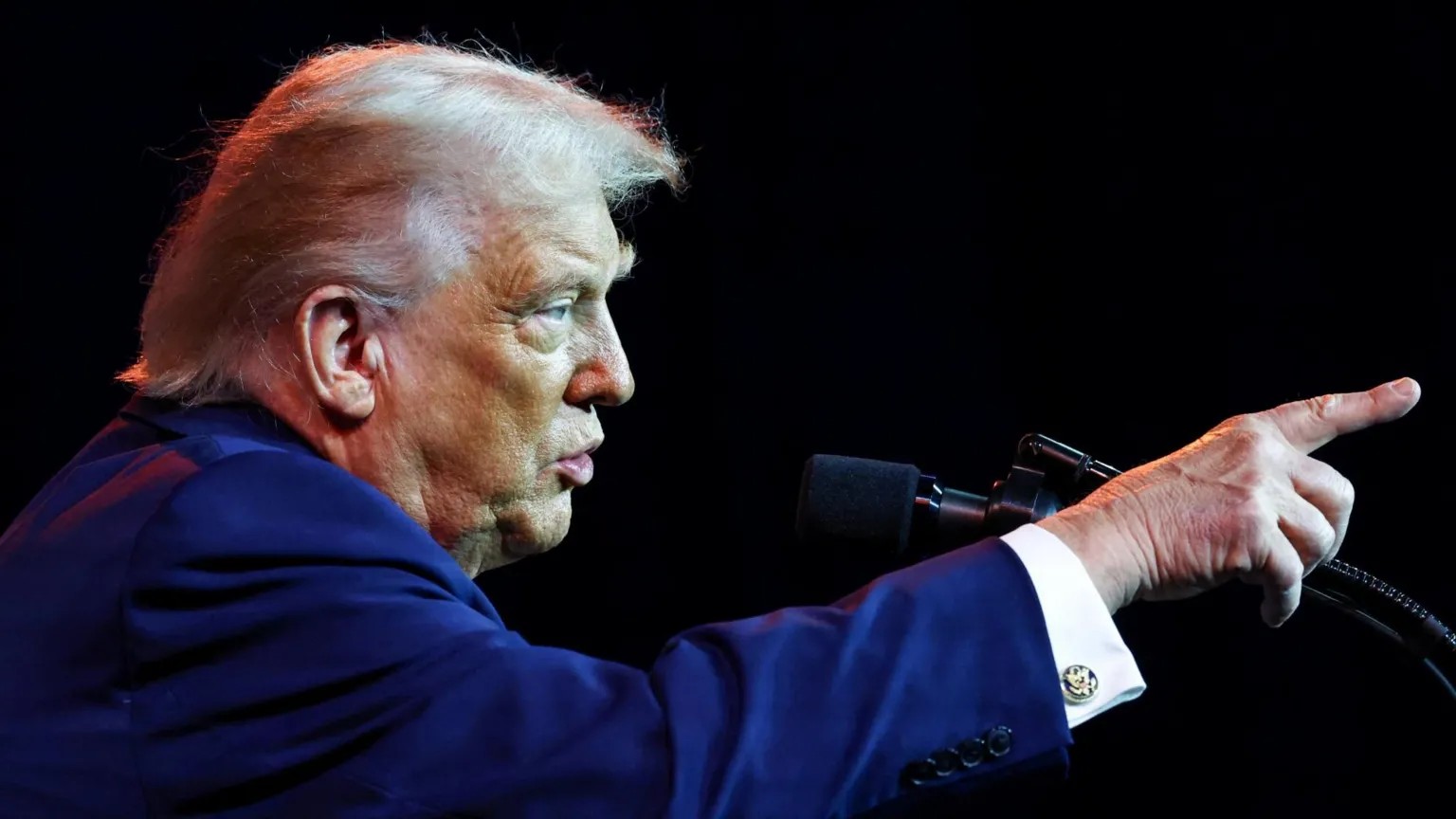

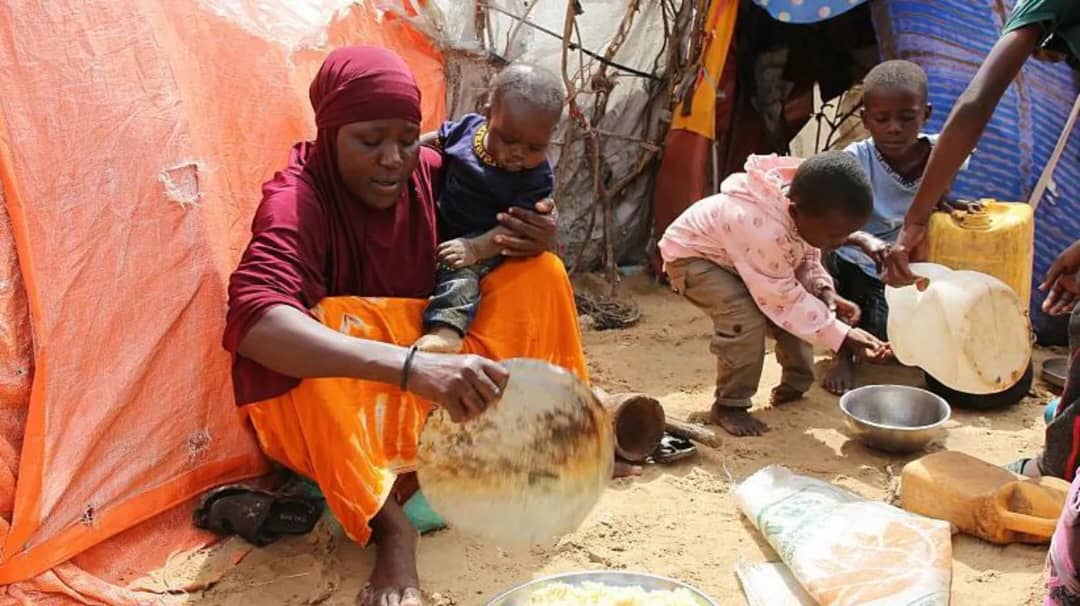
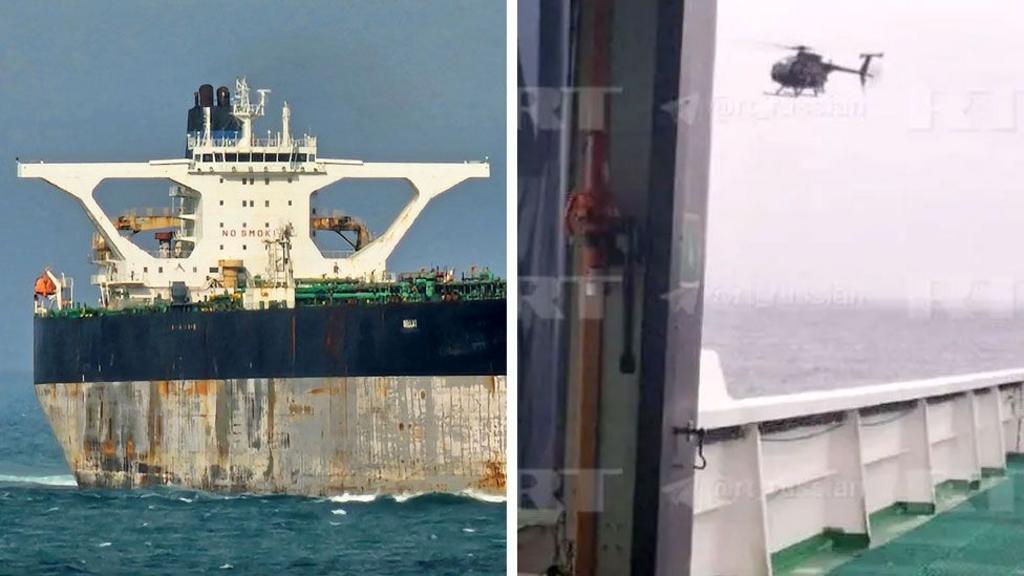
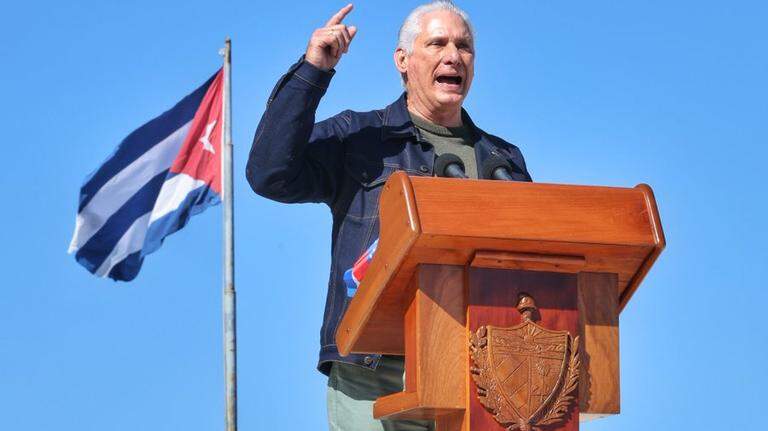
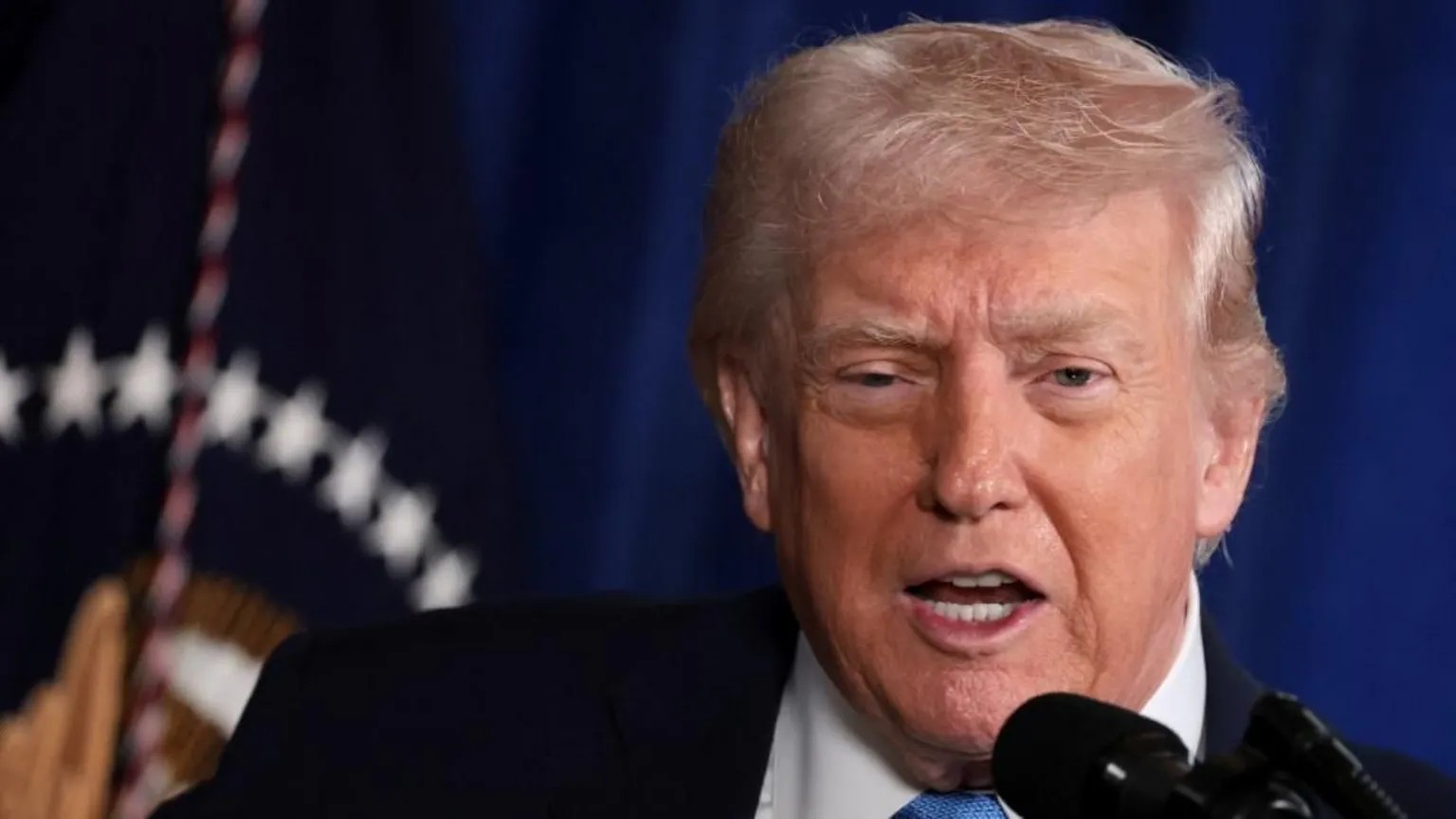
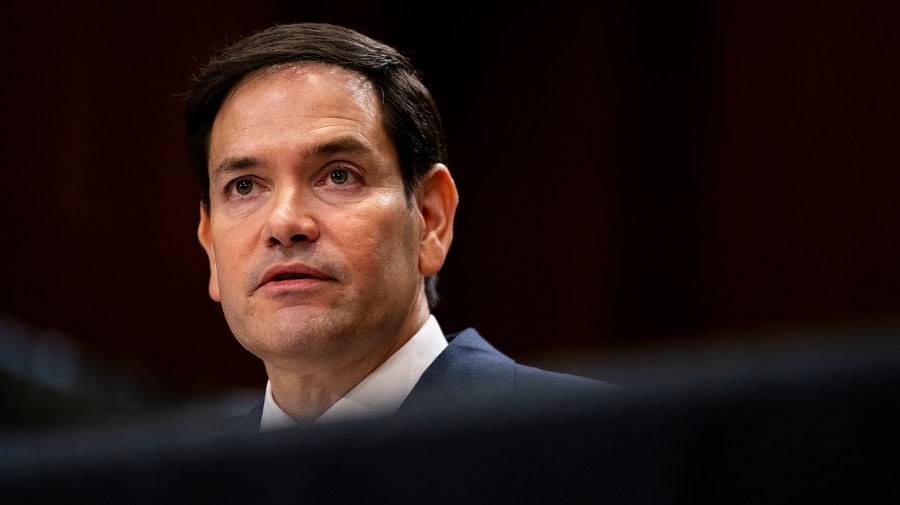
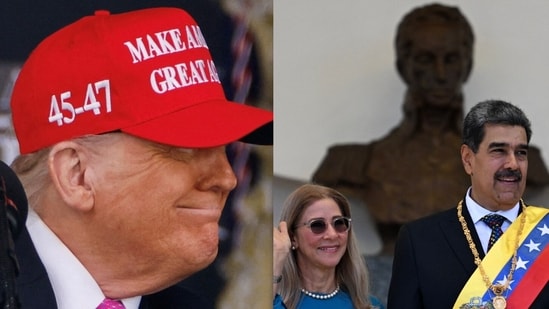
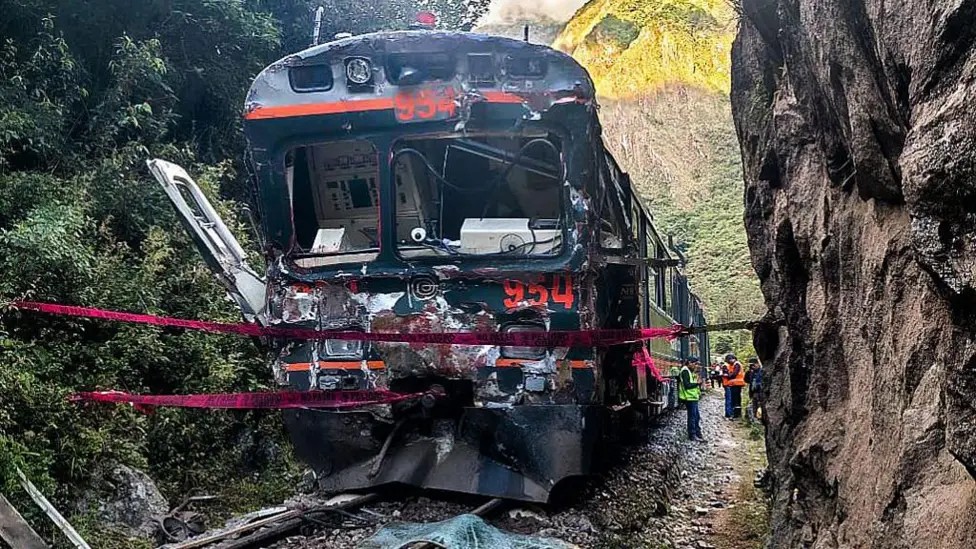
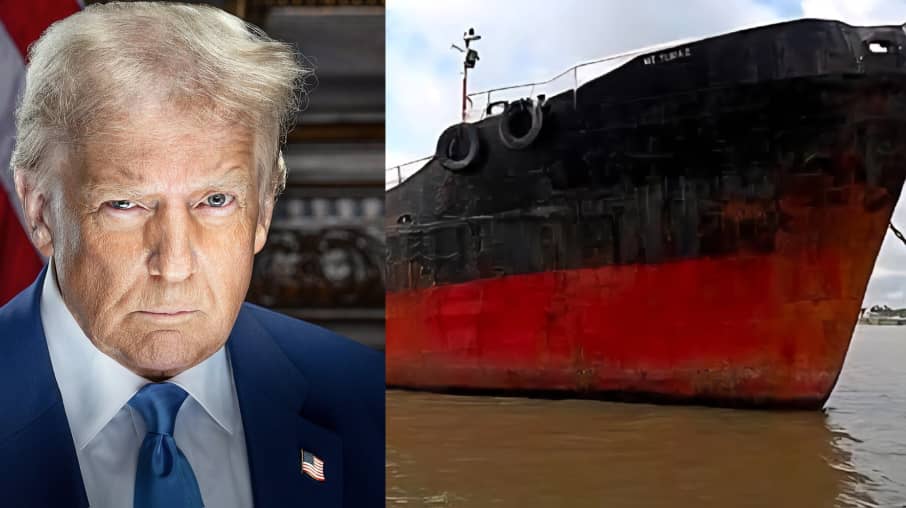


0 Comment(s)